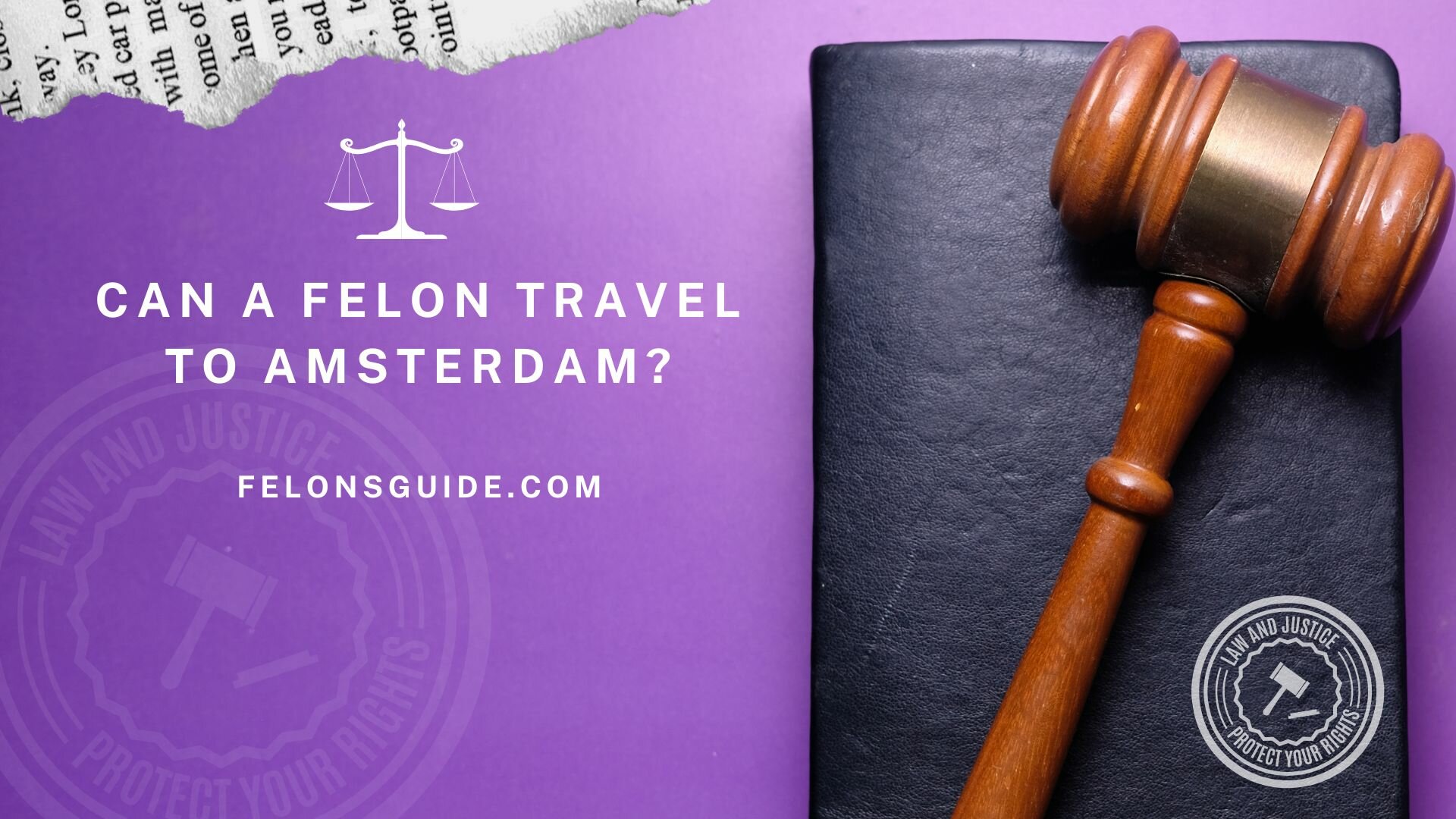When most people think of international travel, they envision the thrill of embarking on an adventure to distant lands, filled with endless possibilities and opportunities to immerse oneself in different cultures. But for felons, the path can appear more tempestuous, lined with bureaucracy and societal prejudice. One question resonates deeply among those with a criminal record: Can a felon go to the Philippines? The Philippines, an archipelago of over 7,000 islands, adorned with azure waters and breathtaking vistas, beckons to those yearning for a meaningful escape.
The answer, like the undulating waves lapping at the shore, is not entirely straightforward. While felons do have the potential to travel to the Philippines, there are intricate legalities and considerations to bear in mind, creating a mosaic of rules to navigate.
Understanding the Landscape: Visa Requirements
To set sail for the Philippines, felons must first comprehend the entry process, which begins with determining the necessary visa. Most visitors can enter the Philippines visa-free for a duration of 30 days, provided they have a return ticket and proof of sufficient funds. However, some may need to obtain a visa prior to entry. Criminal convictions can influence the visa application process, particularly if the offenses are severe or related to drug trafficking—an area of heightened scrutiny in the archipelago.
When applying for a visa, a felon must be prepared to disclose any criminal history. Failing to do so could result in denial at the port of entry. The key here is transparency. According to the Philippines’ Bureau of Immigration, foreign nationals may be denied entry if they have been convicted of a crime punishable by imprisonment of more than one year or if they fall under a category deemed “undesirable” by immigration officials.
Addressing the Stigma: Perception and Reality
Beyond the legal framework lies the significant hurdle of societal perception. In the Philippines, as in many cultures, the stigma associated with a felony can color interactions and experiences. However, it’s crucial to note that not every Filipino holds a negative view towards individuals with a criminal record. Many embrace the ethos of second chances and personal redemption, often viewing a felon’s journey as a story of resilience rather than a mark of shame.
Upon arrival, one may find the welcoming smiles of locals and the intoxicating fusion of cultures—Spanish influence melded with indigenous heritage—offering an environment ripe for reinvention. Whether lounging on the gentle sandy shores of Palawan or exploring the vibrant streets of Manila, the Philippines can serve as a therapeutic backdrop for personal growth.
Navigating Local Laws and Regulations
The Journey of Discovery: Cultural Exploration
Each experience not only showcases the unparalleled beauty of the Philippines but also represents the rebirth of the traveler. It’s an invitation to rewrite one’s narrative against the backdrop of a culturally rich and diverse environment.
Resources for Travel Planning
A Space for Redemption
In conclusion, while navigating the complexities of travel may initially appear daunting for those with a criminal past, the Philippines stands as a testament to the possibility of second chances. The keys to a successful journey lie in understanding visa requirements, respecting local laws, and embracing the profound opportunities for personal growth. With careful planning and an open heart, felons can embark on a journey that transcends borders and fosters healing for the mind and soul.
